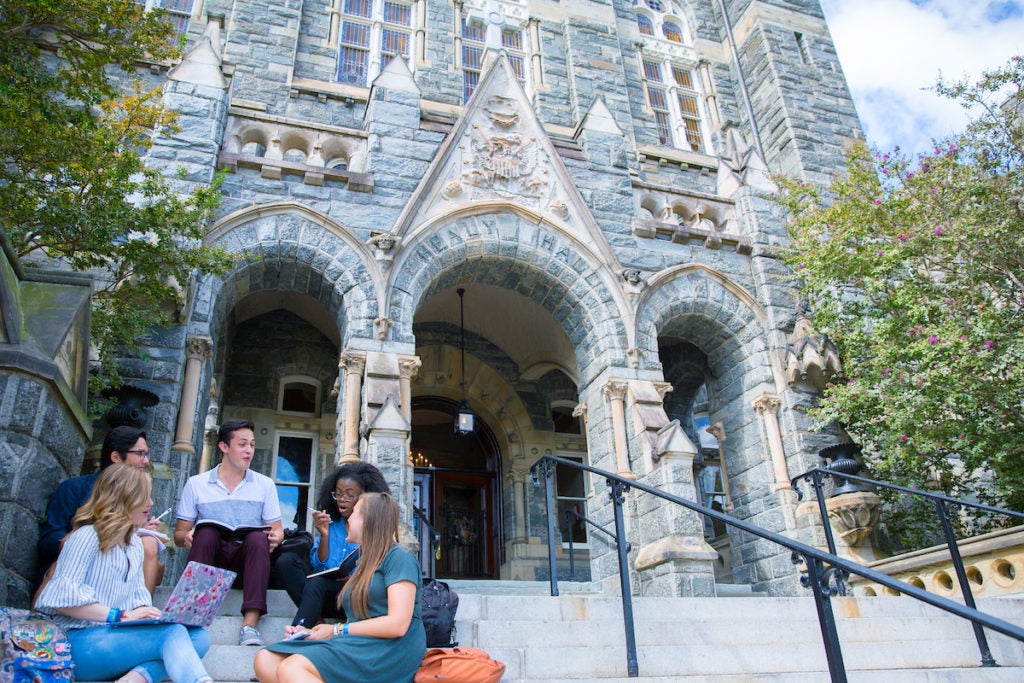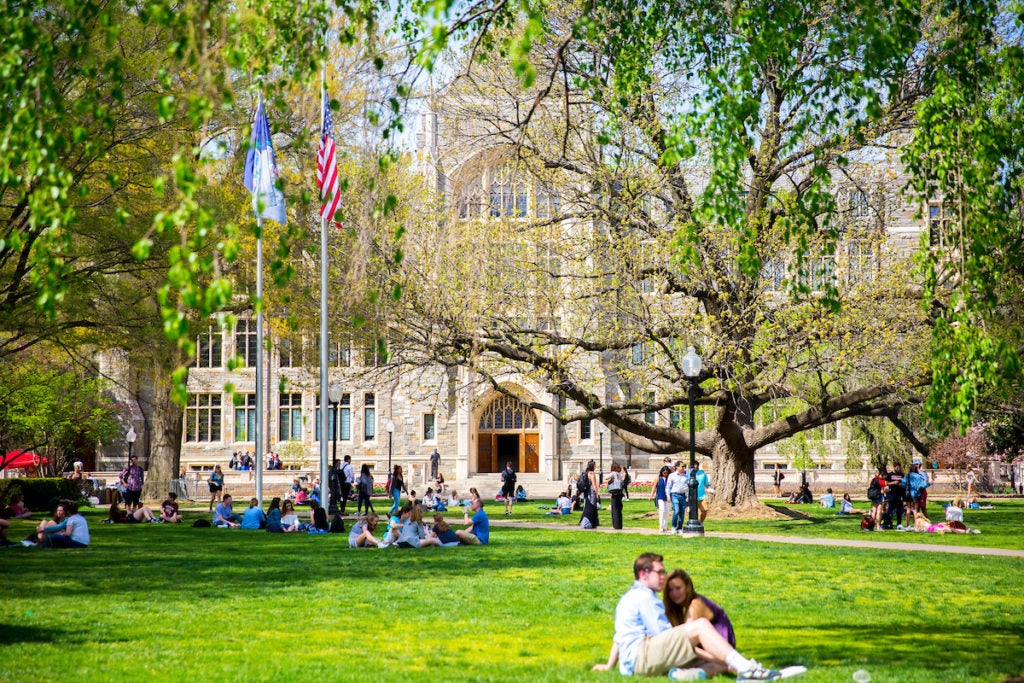To best meet the demand for services, CAPS operates according to a brief treatment model in which the student and the clinician collaboratively address the student’s primary concerns in a time-efficient manner.
Given the high demand for services experienced here and at university counseling centers across the nation, we use our best clinical judgment to determine which students are best matched with services within our office and which students would be better served by other resources on campus or in the community. Community referrals are appropriate when long-term care is needed or when the nature of the needed services goes beyond the scope of what CAPS can offer. We are dedicated to providing assistance as needed to help students secure referral options outside of CAPS when that is indicated.
On main campus, full-time students are eligible for all services at CAPS. Part-time students are eligible for triage, consultations, and referral services. Faculty and staff are eligible for consultations and referral services. Individuals who are unaffiliated with the university, can contact CAPS for general information about treatment, psychological issues, and community resources.
With few exceptions, the law requires that to do teletherapy, a provider must be licensed in the state where they practice as well as the state where the client is located. This also applies to international teletherapy. As a result, CAPS clinicians may not be able to provide teletherapy services to students residing outside the DC area. In those cases, we will work with any student to connect them to resources near them.
Please refer to Embedded & Satellite Offices for program specific information regarding eligibility for services.


